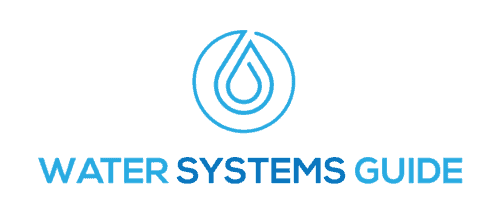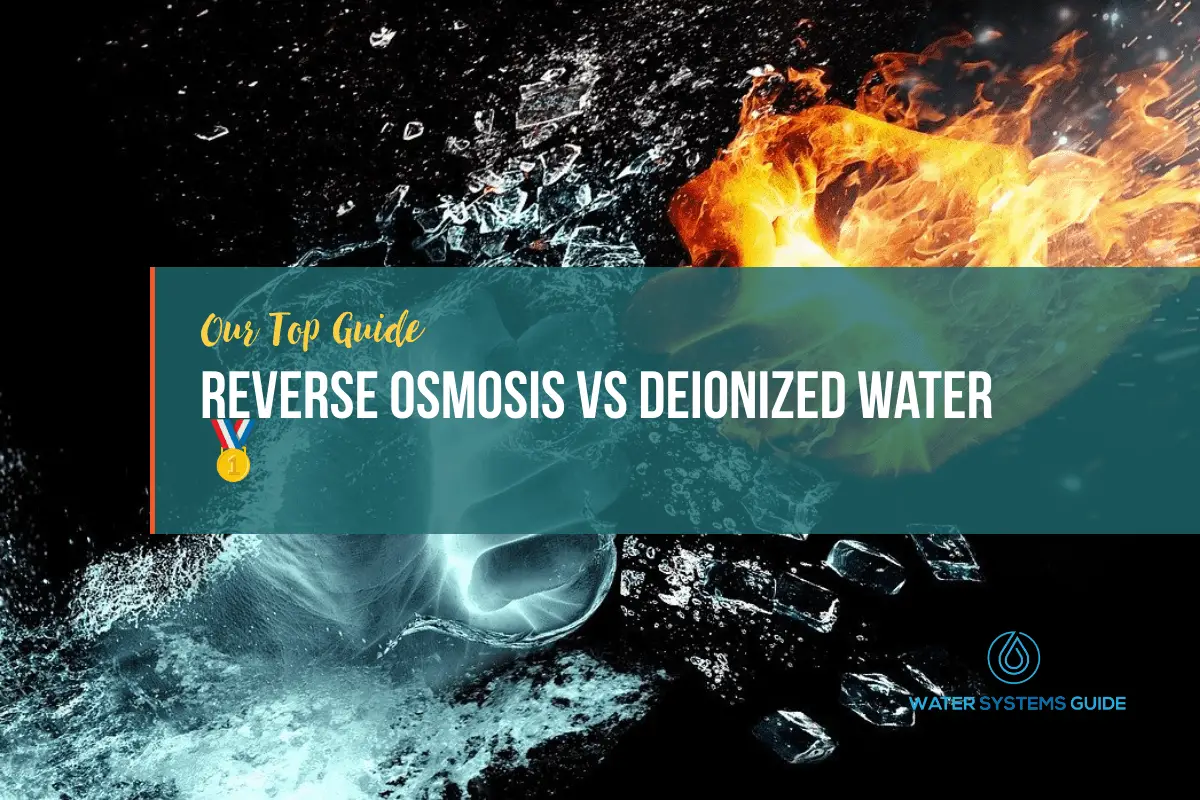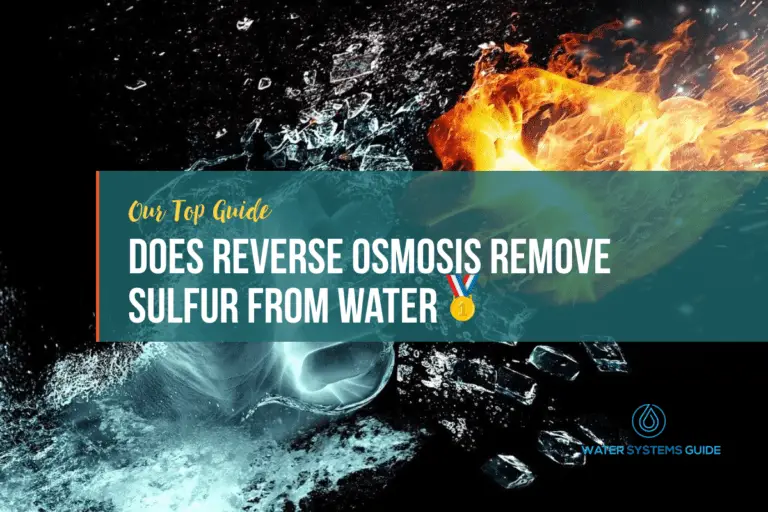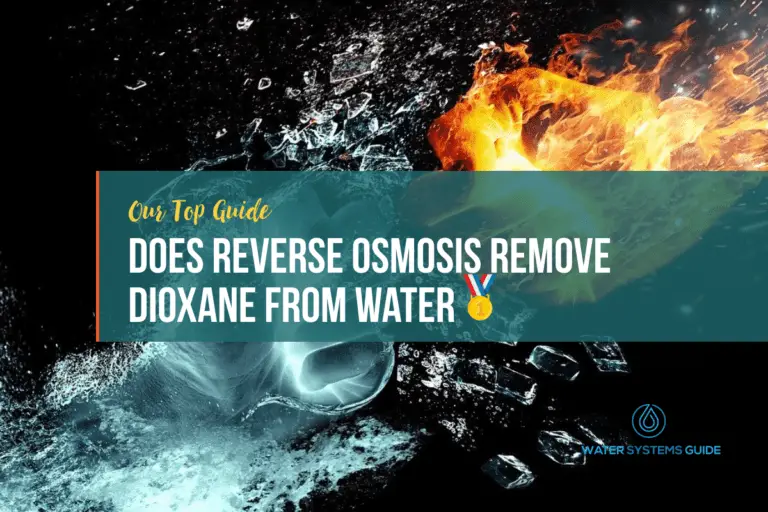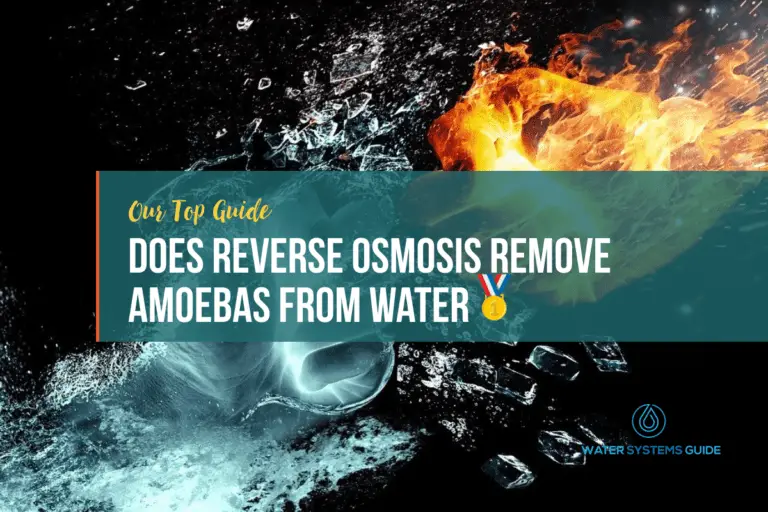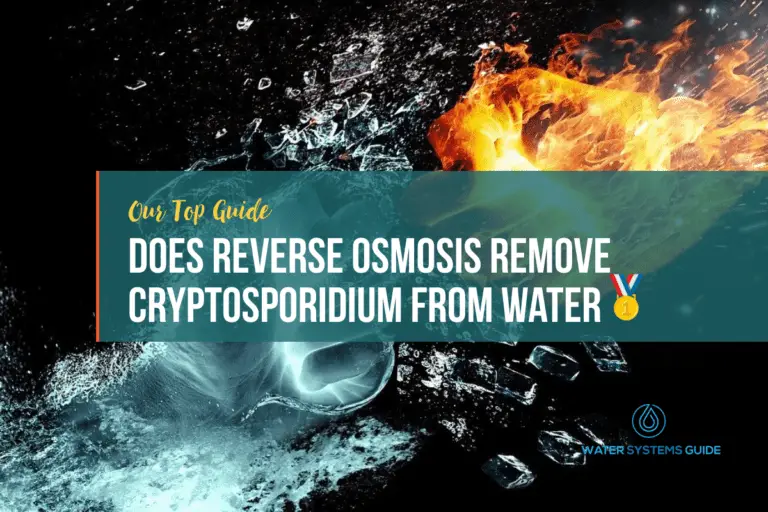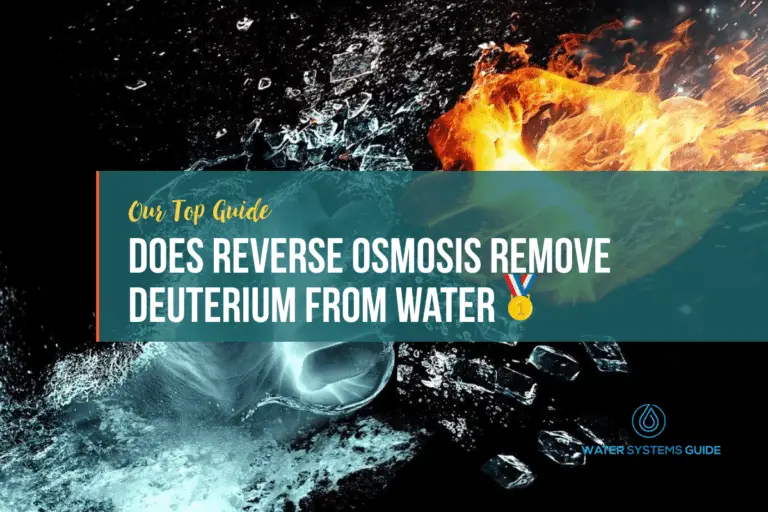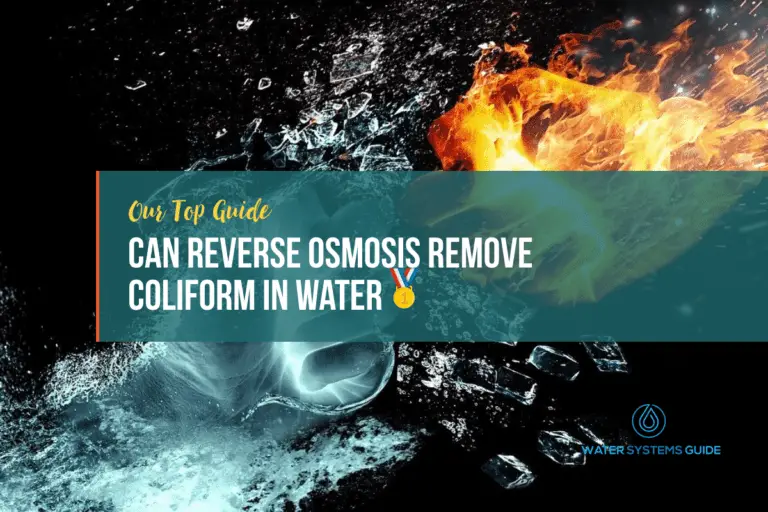Reverse Osmosis VS Deionized Water
Reverse osmosis (RO) is a water purification technology that removes contaminants from water by forcing it through a semipermeable membrane. Deionization (DI) is another water purification process that uses ion-exchange resins to remove ions and minerals from water. Both RO and DI can be used to purify water for drinking, but they have different benefits and drawbacks. Here’s a closer look at the two technologies.
What’s the difference between RO and Deionized water?
RO water is water that has been filtered using a reverse osmosis system. This system uses pressure to force water through a semipermeable membrane, which removes impurities from the water. Deionized water (also referred to as DI water) is water that has been treated with ion-exchange resins, which remove ions from the water.
Reverse Osmosis water or Deionized water, which is best?
Reverse osmosis water is considered to be the best type of water for drinking and cooking. This is because it is free of impurities and contaminants. Deionized water, on the other hand, is not as pure as reverse osmosis water and may contain some traces of impurities.
Reverse osmosis and deionization are both methods of water filtration, each with unique benefits, which we’ll be discussing in the next section.
Benefits of Reverse Osmosis For Home Use
Reverse osmosis is a water purification technology that is used to remove contaminants from water. The process works by forcing water through a semipermeable membrane, which allows only clean water to pass through and traps contaminants on the other side.
Reverse osmosis is an effective way to remove contaminants from water, making it safe to drink. In addition, reverse osmosis can also be used to improve the taste of water by removing impurities that can cause it to taste bad. Reverse osmosis is an affordable water purification option for home use and can be used to purify both tap water and well water.
A reverse osmosis filtration system also removes salt from seawater, making it possible to produce fresh water from ocean water. In addition, reverse osmosis can be used to concentrate dissolved solids in a solution, making it possible to recover valuable materials from wastewater.
Benefits of Deionized Water for Home Use
Deionized water is water that has had its ions removed. This means that it does not contain any minerals or salts. This makes it ideal for use in many different applications, including cleaning and rinsing. However, it shouldn’t really be used as drinking water.
Deionized water is also known as demineralized water. It is created by passing water through a special filter that removes all of the minerals and salts. This leaves behind pure water that does not contain any impurities.
Deionized water has a number of benefits over regular tap water. One of the most significant benefits is that it does not leave behind any spots or streaks when used for cleaning. This is because there are no minerals present to cause these spots. DI water also dries more quickly than regular tap water, so it can be used for a variety of purposes without having to worry about drying time.
Another benefit of deionized water is that it does not contain any chemicals or pollutants. This means that it is safe to use around children and pets, and it will not damage your home or appliances. Deionized water is also gentle on your skin and hair, so it can be used for bathing and showering without causing any irritation.
Additionally, deionized water is often used in industrial and commercial settings because it can help extend the life of equipment by preventing corrosion.
